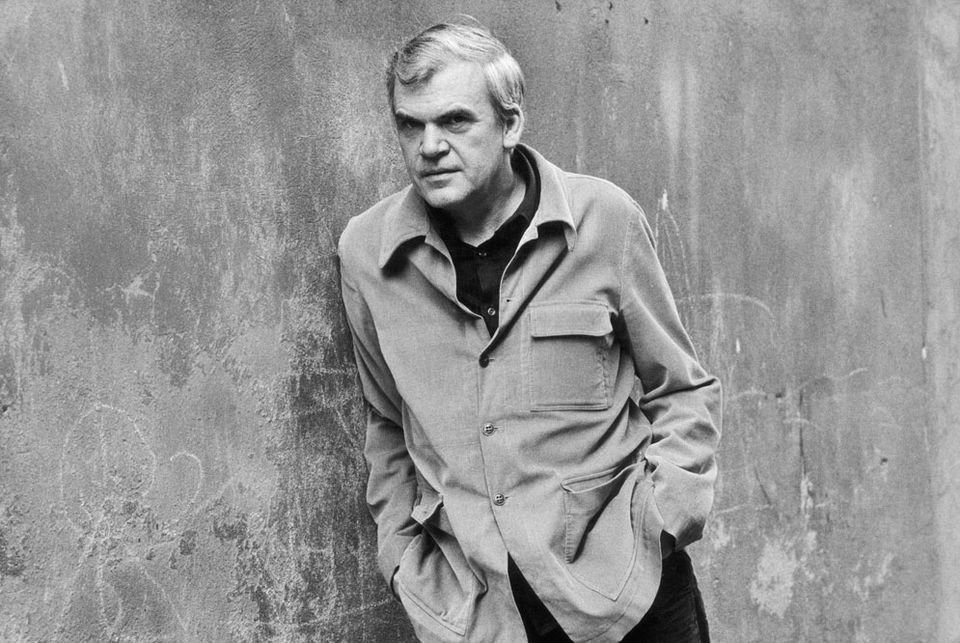
Milan Kundera: Sensitizing Public Memory
PARIS – Milan Kundera, the celebrated author whose works straddled the realms of French and Central European literature, passed away at the age of 94 in Paris on July 11. Known for his profound philosophical reflections on the human condition and the dynamics between the individual and the state, Kundera’s writing defied easy categorization. His exploration of themes such as memory, truth, loyalty, and the interplay between personal and political ideologies left an indelible mark on literature.
While Kundera considered himself a part of French literature, his Central European intellectual heritage infused his works with a unique perspective. In a 1983 interview with the ‘Paris Review,’ Kundera challenged the notion of decoding the enigmatic Franz Kafka, suggesting that readers should immerse themselves in his unparalleled imagination instead of searching for allegories. He stressed the intrinsic value of imagination in art, particularly modern art.
Throughout his career, Kundera seamlessly wove contemporary politics into his narratives, often delving into the realm of public memory. In his seminal work “The Book of Laughter and Forgetting” (1979 in Czech, published 1981), Kundera blended magical realism with astute observations on the transience of historical events. He lamented how one atrocity would overshadow another, leaving a trail of forgotten memories. His lyrical prose captured the rapid pace of history and its impact on collective consciousness.
Despite the intertwining of politics and memory, Kundera’s body of work encompassed a wide range of genres. He authored numerous novels, including his most renowned work, “The Unbearable Lightness of Being” (1982 in Czech, published 1984), which explored the complex relationships of two women, two men, and a dog against the backdrop of the 1968 Prague Spring. In this novel, Kundera delved into themes such as Nietzsche’s Eternal Recurrence, the mind-body dichotomy, and the influence of personal and political ideologies on human lives.
Kundera’s literary prowess transcended language barriers, making him one of the world’s most translated authors. In addition to novels, he wrote collections of short stories, essays, poetry, plays, and even a screenplay. His works resonated with readers globally, challenging them to contemplate the intricacies of human existence.
Born in 1929 in democratic Czechoslovakia, Kundera was shaped by a politically tumultuous environment. He experienced the horrors of Nazi occupation during his formative years, followed by the oppressive rule of post-war Communist authoritarianism. While he had an ambivalent relationship with the Communist Party, his artistic family background and early exposure to music contributed to the musical cadence found in his writing.
Although Kundera occasionally returned to his native land after the fall of Communism, he resided primarily in the West. This distance allowed him to offer universal insights into the nature of novels and the role they play in understanding human existence. His trilogy of essay collections, including “The Art of the Novel” (1986), “Testaments Betrayed: An Essay in Nine Parts” (1993), and “The Curtain” (2005), further cemented his position as a master of literary analysis.
Kundera believed that great novels emit a timeless light that continues to captivate readers. He challenged the impulse to judge and emphasized the importance of suspending moral judgment to achieve a deeper understanding of human complexities. This rejection of hasty judgment stands as one of Kundera’s enduring legacies, leaving behind a body of work that invites readers to explore the depths of human experience and transcend the limitations of conventional wisdom.




